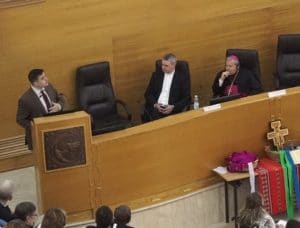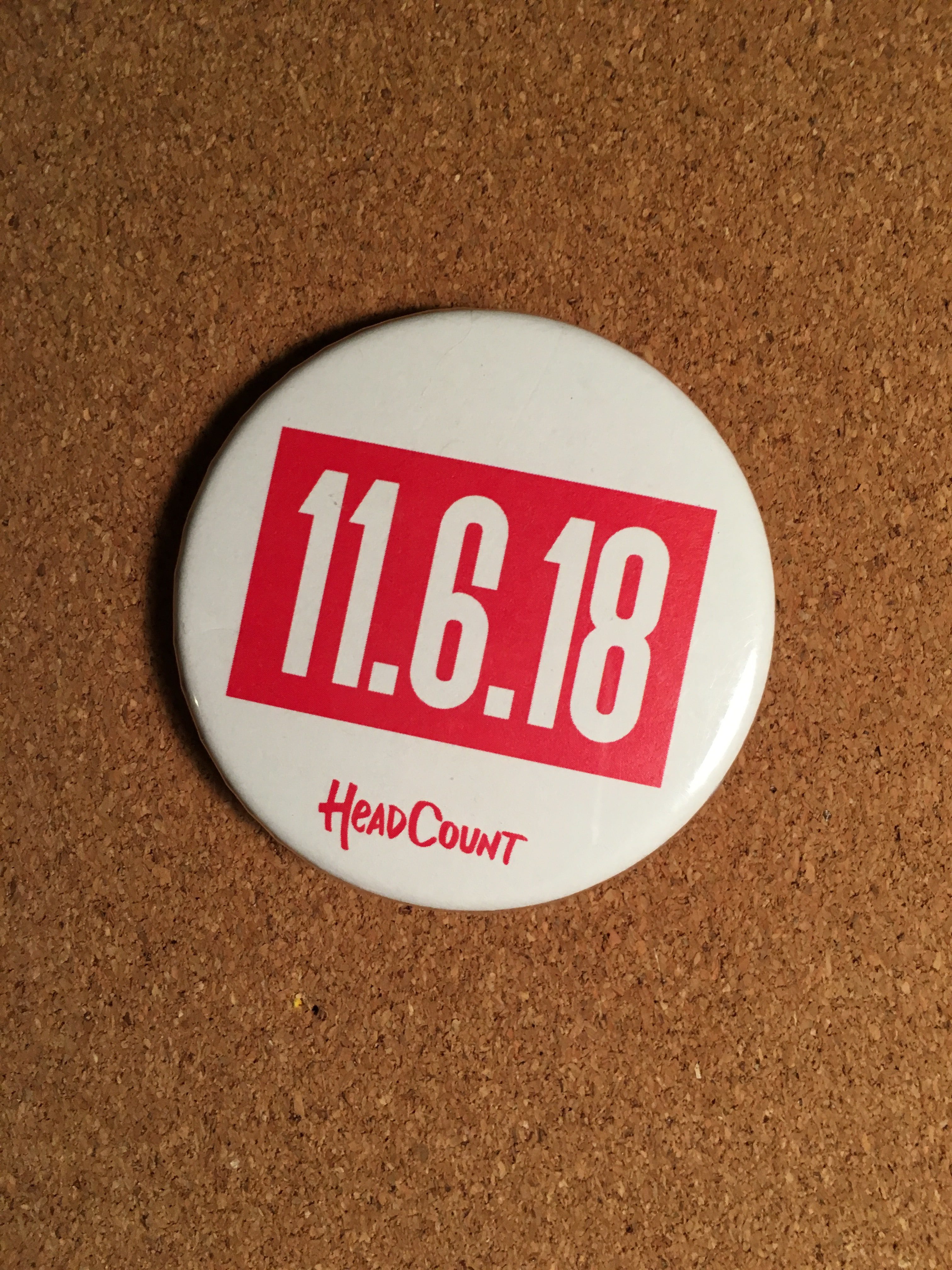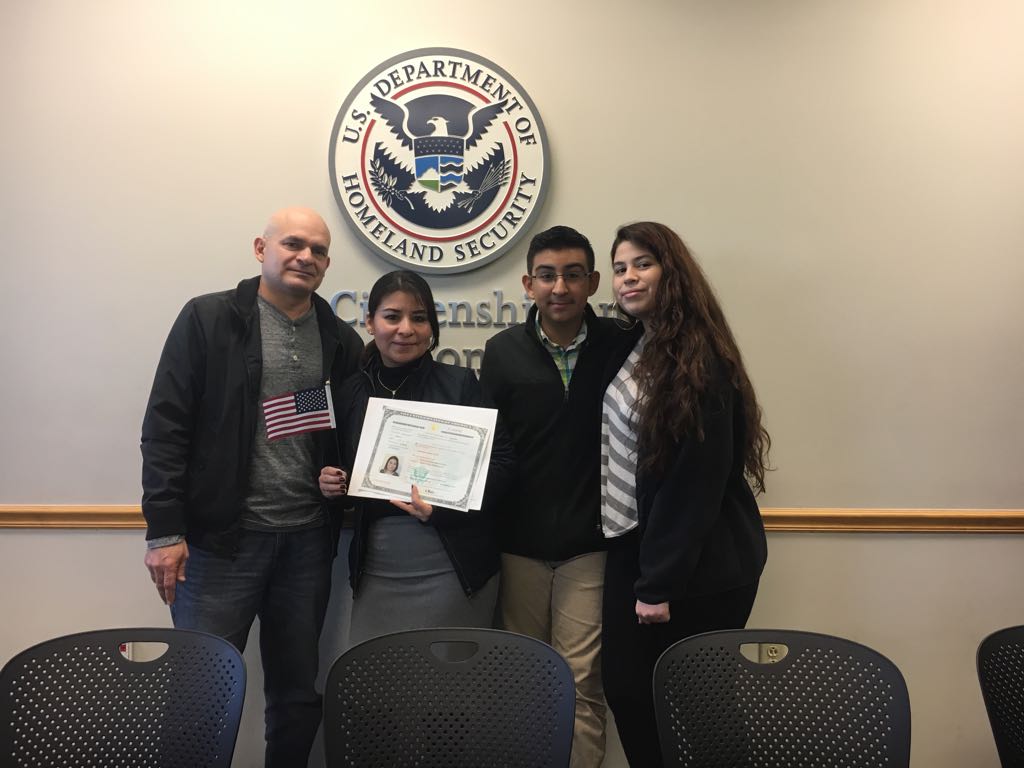By Hannah Lussier | Managing Editor
On October 19, Assistant Professor of Religious and Theological Studies, Miguel Romero, arrived in Rome, Italy to deliver a speech at the Vatican during a conference on the relationship between catechesis and disability. As an expert in the area of disability and the Catholic theological tradition, Romero had been called upon by the Pontifical Council for the Promotion of the New Evangelization, one of two councils closely associated with the Pope, to provide remarks that would help to facilitate a conversation engaging the question of disability and impairment within the Church. The conference recognized what Pope Francis has deemed a major point of failure within the current practices of the Church, as many Catholics with disabilities do not yet have full access to key catechetical practices like the Sacraments.
Romero says he was “honored” to be included in this event, as it is one with profound implications on his own life. Romero’s older brother, Vicente, lives with a cognitive impairment that renders him unable to speak, walk, or care for himself. In speaking about Vicente, Romero states that “one of the wonderful things about living with my brother is that he sets a rhythm and a pace to life” that serves as a reminder that all life “is clumsy and stuttering” but that it is still “a good life.” Romero has been writing on the themes of disability and the Catholic faith for more than a decade and cites his experiences with his brother as something that helps to discipline his work. He says, “the reality of our experiences should discipline our best scholarship, and when it doesn’t we can say a lot of ridiculous and silly things.”

Professor Romero speaks at the Vatican
In an effort to stay true to his experiences, Romero says that he tried to highlight his life with Vicente in his remarks at the conference. The central claim of Romero’s speech is that Catholics have lost contact with the idea that catechesis, the process of learning that allows one to enter in the community of the Church, is a work of mercy. Romero asserts that we have forgotten that illness, impairment, and disability are all a part of ordinary human life. He reminds us that, “all of our bodies break” and that we are all fundamentally vulnerable and dependent creatures. There is “nothing lacking in the humanity” of the disabled that would exclude them from recognition as full members of the Church. Romero says that “no amount of tinkering” with catechetical practices will help if there is not a reformation of this “habit of culture” that recognizes those with disabilities as special rather than ordinary. According to Romero, catechesis should be “meeting all people in their unique and particular limitations.”
In addition to making his remarks at the conference, Romero was offered the rare opportunity of meeting Pope Francis. Romero describes his interaction with the Pope as “thrilling” and “a very moving experience” due to the fact that the Pope had made the last-minute decision to meet with all 500 people in attendance at the conference instead of just the speakers as was originally planned. Romero says that he admired the patience of the Pope as he expressed care toward each person. As an expression of gratitude, Romero offered Pope Francis the gift of some articles he had written and commented that he had written them for his brother, Vicente. To which the Pope simply replied, “Vicente.”
Romero is excited about the fact that issues of disability and catechesis seem to be a central theme for Pope Francis, and will no longer be just “a blip on the map.” He asserts that this conversation is necessary because “theology is good, but if you can’t live what you believe, that’s a problem.” As Christians, he states that we must “live our convictions or fail.”
All photos were provided by Julia Gilberto, National Catholic Partnership on Disability.













